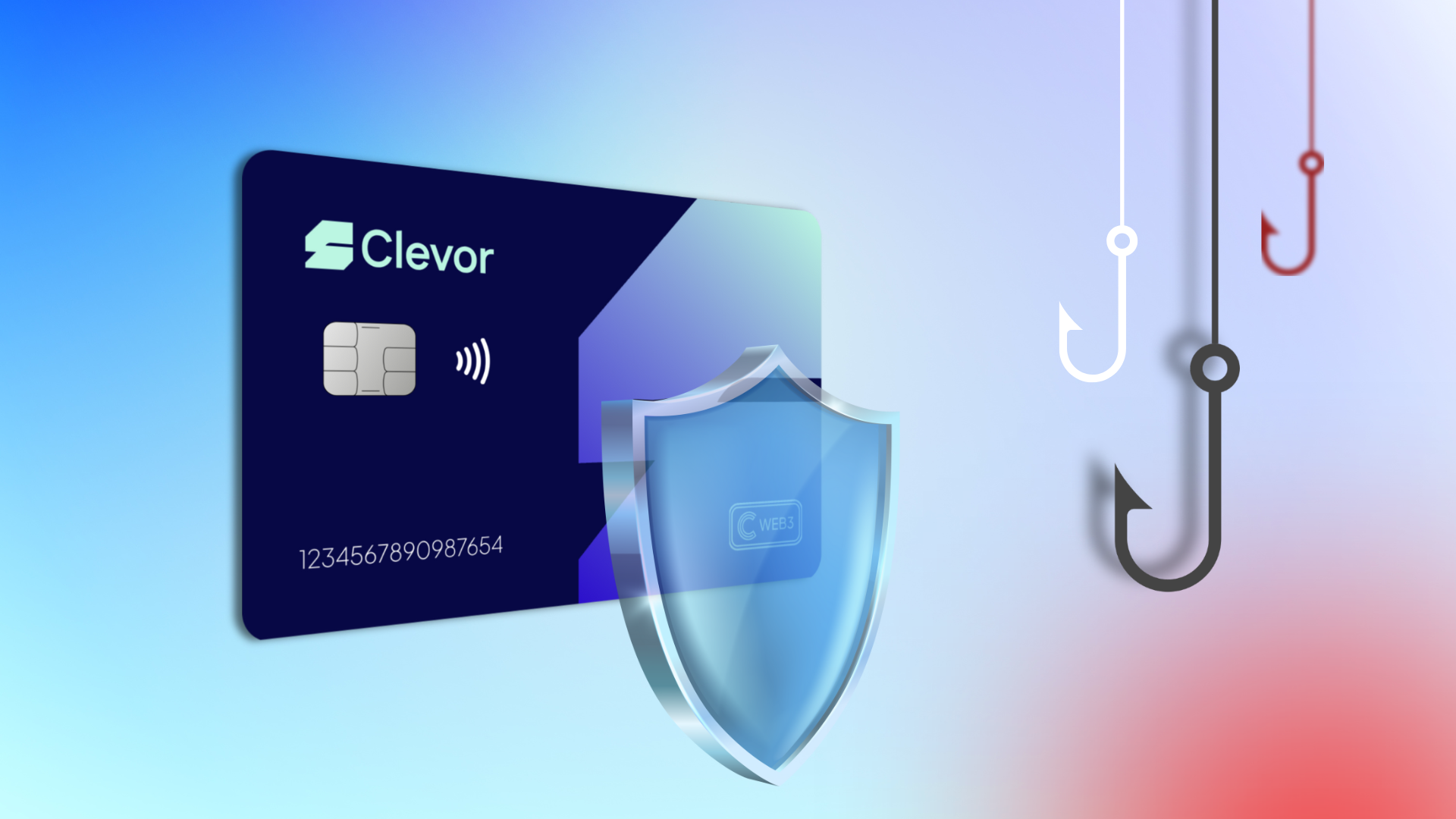Outdated payment systems continue facilitating fraud, siphoning off billions of dollars every year. Payments made through the use of cards, even with years of maturing systems of CVVs, OTPs, and fraud prevention measures, remain susceptible to theft as login credentials or cards can be bypassed.
What if the system as a whole was the concern?
By removing the weaknesses exploited by criminals, blockchain payments alongside hardware based crypto debit cards approach the matter differently. Blockchain transactions free card numbers, alongside minimizing reliance on vulnerable middlemen, through the use of cryptographic verification and tamper resistant hardware wallets.
Why and how these technologies work, alongside the reasons they present the future of secure payments, will be discussed here in this blog.
Card Fraud: A Global Epidemic
CNP fraud, responsible for over 80% of fraud, continues to escalate. Forecasts estimate that derived losses will exceed $400 billion from 2025 to 2034.
These days, digital and mobile payment fronts continue to exacerbate prevailing challenges.
Card data is stored, processed, and transferred through countless servers, processors, and third party applications.
Regions with strong regulatory frameworks, like the EU’s Strong Customer Authentication (SCA), still incur losses in the millions each year.
What is the cause of this?
Traditional card systems utilize shared secrets like numbers, dates, and codes that, once captured, can be reused for perfect fraud systems.
Blockchain Payments: Rethinking Transactions from the Ground Up
With the emergence of blockchain and crypto debit card technologies like Clevor Cards, the payment paradigm can be turned upside down.
Rather than confirming identities during the transaction using reused credentials, and blockchain payments verify identities with digital signatures confirmed by smart contracts or decentralized applications.
In this new model:
Card numbers and CVVs are nonexistent.
Transactions are peer-to-peer and confirmed on public blockchains, Ethereum or Polygon.
Stablecoins, USDC and EURC, are excellent for quick and low cost global transactions.
Payments are signed by a cryptographic mechanism using a private key and secure hardware wallets.
When a payment is signed and submitted, and a transaction is done on the blockchain, it is final. The transaction is immutable, traceable, and tamper-proof.
What About Security?
The risk of exposing card data is greatly reduced from traditional systems to zero with C-WAAS.
CNP fraud has been transformed from common to impossible, since a physical card with a PIN is now required for authentication.
POS fraud has now been eliminated from being possible skimming or tampering to on-chain signing being required.
The number of intermediaries has been reduced from many to none with direct blockchain transactions.
The risk of credential reuse has been reduced from high to none with unique signatures per transaction.
Dispute resolution has gone from centralized to optional with the use of smart contracts.
The ability to operate offline has changed from no capability to yes, since C-WAAS can sign offline.
Key storage has changed from not applicable to a secure smartcard which is user-controlled.
Why Hardware Wallets Like C-WAAS Are Crucial?
Clevor Cards use C-WAAS smartcards that merge old banking card styles with state-of-the-art cryptographic capabilities.
These include:
Private Key Isolation: The signing key never leaves the chip.
PIN or Biometric Security: Optional second layer of protection.
Multi-Functionality: Merges crypto payments along with secure logins (FIDO2) and EMV chip functions.
Offline Signing: Operates without internet or network access and is ideal for air-gapped environments.
As a result, attackers would have to physically steal the card and know the PIN to bypass the safeguards.
Are There Any New Risks?
While blockchain payment systems eliminate a multitude of traditional fraud risks, they do pose new challenges and responsibilities:
Key Loss = Fund Loss: If the private keys associated with the blockchain address are lost due to negligence or poor security, the funds are essentially unrecoverable.
Smart Contract Bugs: Poorly written smart contracts can enable phishing evolutions
Phishing Evolution: Attackers may devise ways to manipulate users into approving transactions intended for funds, bypassing credentials altogether.
This is the reason why the Clevor Card safeguards with their certified hardware wallets. Access controls and the architecture of these wallets provide a dynamic that unbalances users relinquishing control while offering enterprise-level security.
The Future of Payments Starts Here
As the blockchain infrastructure matures and laws governing the use of stablecoins catch up, we are poised to witness a revolution triggered by the issuance of these crypto debit cards.
On-chain payments are set to replace the card networks with a faster, private, and secure method of transacting.
Clevor Cards is at the forefront of innovating cutting-edge payment solutions that:
Uses unparalleled hardware-level security to protect users
Utilizes stablecoins to allow for instant and borderless payments
Precludes fraud from happening by the absence of shared secrets and intermediaries
Why Choose Clevor Cards?
Clevor Cards users gain the ability to digitally pay without restrictions. Our crypto debit card solutions protect users with the security and usability reliability of Cryptnox C-WAAS technology.
Users are now able to pay with cryptocurrency with the security and freedom of using traditional payment methods due to the merger of traditional payment systems with blockchain technology.
